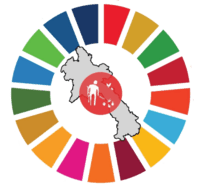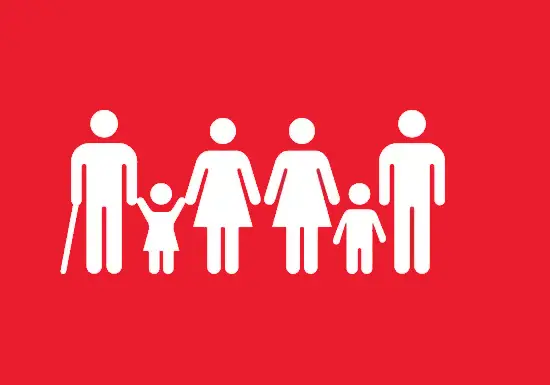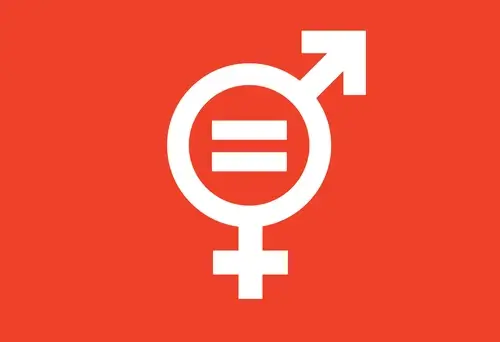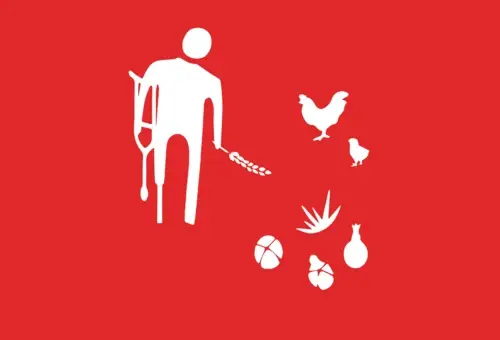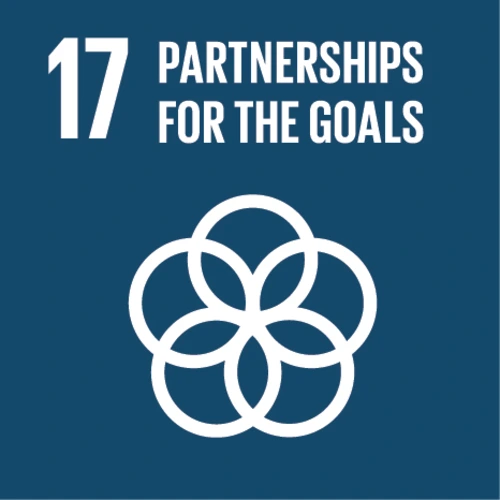
Strengthen the means of implementation and revitalize the global partnership for sustainable development

17.1 Strengthen domestic resource mobilization, including through international support to developing countries, to improve domestic capacity for tax and other revenue collection.
17.3 Mobilize additional financial resources for developing countries from multiple sources.
17.4 Assist developing countries in attaining long-term debt sustainability through coordinated policies aimed at fostering debt financing, debt relief, and debt restructuring, as appropriate, and address the external debt of highly indebted poor countries to reduce debt distress.
17.5 Adopt and implement investment promotion regimes for least developed countries.
17.6 Enhance North-South, South-South, and triangular regional and international cooperation on and access to science, technology, and innovation and enhance knowledge sharing on mutually agreed terms, including through improved coordination among existing mechanisms, in particular at the United Nations level, and through a global technology facilitation mechanism.
17.8 Fully operationalize the technology bank and science, technology, and innovation capacity-building mechanism for least developed countries by 2017 and enhance the use of enabling technology, in particular information and communications technology.
17.11 Significantly increase the exports of developing countries, in particular with a view to doubling the least developed countries' share of global exports by 2020.
17.15 Respect each country's policy space and leadership to establish and implement policies for poverty eradication and sustainable development.
17.16 Enhance the Global Partnership for Sustainable Development, complemented by multi-stakeholder partnerships that mobilize and share knowledge, expertise, technology, and financial resources, to support the achievement of the Sustainable Development Goals in all countries, in particular developing countries.
17.18 By 2020, enhance capacity-building support to developing countries, including for least developed countries and small island developing States, to increase significantly the availability of high-quality, timely, and reliable data disaggregated by income, gender, age, race, ethnicity, migratory status, disability, geographic location, and other characteristics relevant in national contexts.
17.19 By 2030, build on existing initiatives to develop measurements of progress on sustainable development that complement gross domestic product, and support statistical capacity-building in developing countries.
17.1.1 Total government revenue (by source) as a percentage of GDP (domestic revenue/grants/loans).
17.1.2 Percentage of expenditure financed by domestic revenue.
17.3.1 Foreign direct investments (FDI), official development assistance (ODA), and South-South Cooperation (SSC) as a percentage of total domestic budget amounts.
17.3.2 Personal remittances, received as a percentage of GDP in US$.
17.4.1 Total debt service as a percentage of exports of goods, services, and primary income.
17.5.1 Number of investment promotion regimes that Lao PDR has adopted and implemented.
17.6.1 Number of science and/or technology cooperation agreements and programs between countries, by type of cooperation.
17.6.2 Fixed Internet broadband subscriptions per 100 inhabitants, by speed.
17.6.3.a Number of research projects/papers.
17.6.3.b Number of research papers published in regional and international journals.
17.8.1 Percentage of individuals using the Internet.
17.8.2 Percentage of the population registered as internet users through landline and wireless.
17.8.3 Percentage of mobile phone users with internet access.
17.11.1 Export growth on average.
17.15.1 Extent of use of country-owned results frameworks and planning tools by providers of development cooperation.
17.16.1 Lao PDR commits to reporting progress in multi-stakeholder development effectiveness monitoring frameworks that support the achievement of the sustainable development goals.
17.18.1 Proportion of SDG indicators adopted by Lao PDR that are produced with full disaggregation when relevant to the target, in accordance with the United Nations Fundamental Principles of Official Statistics.
17.18.2 Adoption of national statistical legislation that complies with the Fundamental Principles of Official Statistics.
17.18.3 Establishment/Implementation of Lao PDR national statistical plan.
17.19.2.a Completion of at least one population and housing census in the last 10 years.
17.19.2.b Number of birth registrations recorded:
- Total
- Female
- Male
17.19.3 Number of death registrations recorded:
- Total
- Female
- Male
